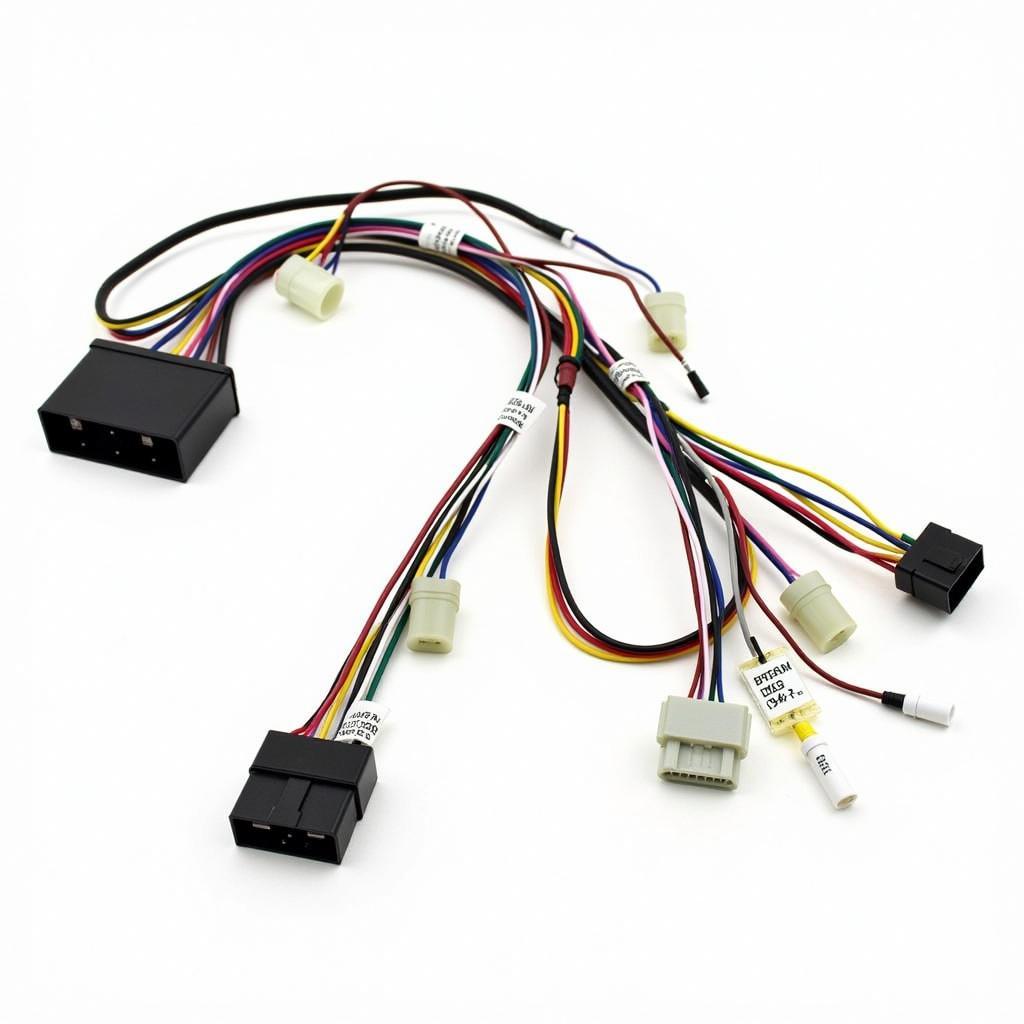The “Peaches And Lemons Car Problem” describes the difficulty buyers face when assessing the quality of used cars. This asymmetry of information can lead to overpriced “lemons” flooding the market, making it challenging for buyers to find reliable “peaches.” This article will delve into the complexities of this issue, providing practical advice for both buyers and sellers navigating the used car market.
peaches and lemons car problem economic equation
Understanding the Peaches and Lemons Phenomenon
Imagine strolling through a used car lot. Shiny vehicles beckon, but beneath the polished exteriors, potential problems lurk. How can you, the buyer, distinguish between a reliable “peach” and a problematic “lemon”? This dilemma lies at the heart of the peaches and lemons car problem. It arises from the information imbalance between buyers and sellers. Sellers, having owned and used the car, are intimately aware of its history, maintenance, and potential flaws. Buyers, on the other hand, often rely on limited information, such as visual inspection and perhaps a test drive.
Why is the Peaches and Lemons Problem Important?
The peaches and lemons problem isn’t just an academic concept; it has real-world implications. It can erode trust in the used car market, leading to lower prices for sellers and increased risk for buyers. Understanding this dynamic is crucial for making informed decisions and avoiding costly mistakes.
What causes the peaches and lemons problem? The core issue is information asymmetry. The seller knows more about the car than the buyer.
 Peaches and Lemons Car Lot
Peaches and Lemons Car Lot
How to Spot a “Peach” in a Sea of “Lemons”
So, how do you navigate this tricky terrain and find a reliable used car? Several strategies can help you tilt the odds in your favor.
- Thorough Inspection: Don’t just rely on a cursory glance. Take the time for a comprehensive inspection, preferably by a trusted mechanic. Look for signs of wear and tear, check the vehicle history report, and ask the seller detailed questions about the car’s maintenance history.
- Independent Pre-Purchase Inspection: This is arguably the most important step. Having a qualified mechanic thoroughly inspect the car can reveal hidden issues and provide valuable insights into its overall condition.
lemons problem used car market
What are the Red Flags to Watch Out for?
Be wary of sellers who are evasive or reluctant to provide complete information. Look out for inconsistencies in the car’s history or documentation. Also, be suspicious of unusually low prices, which could indicate a hidden problem.
“A thorough pre-purchase inspection is your best defense against buying a lemon,” advises John Smith, a seasoned automotive technician with over 20 years of experience. “It’s a small investment that can save you thousands in the long run.”
Peaches and Lemons Car Problem: Mitigation Strategies
Both buyers and sellers can take steps to mitigate the effects of the peaches and lemons problem.
- For Buyers: Research, inspect, and verify. Don’t rush into a purchase. Take your time, ask questions, and gather as much information as possible before making a decision.
- For Sellers: Maintain detailed records of maintenance and repairs. Be transparent with potential buyers about any known issues. Offering a warranty or guarantee can also help build trust and demonstrate the car’s reliability.
How Can Sellers Build Trust and Transparency?
Open communication is key. Be upfront about the car’s history and any known problems. Providing documentation, such as maintenance records and repair receipts, can significantly enhance your credibility.
“Transparency is paramount in the used car market,” says Jane Doe, a leading automotive consultant. “Sellers who are open and honest about their vehicles are more likely to attract serious buyers and command fair prices.”
Conclusion: Navigating the Used Car Market Successfully
The peaches and lemons car problem presents a significant challenge in the used car market. However, armed with knowledge and a proactive approach, both buyers and sellers can navigate this complex landscape successfully. By understanding the dynamics at play and taking appropriate precautions, you can increase your chances of finding a reliable “peach” and avoid getting stuck with a “lemon.” For further assistance or if you have any questions, please don’t hesitate to connect with us at AutoTipPro. Call us at +1 (641) 206-8880 or visit our office at 500 N St Mary’s St, San Antonio, TX 78205, United States.






Leave a Reply